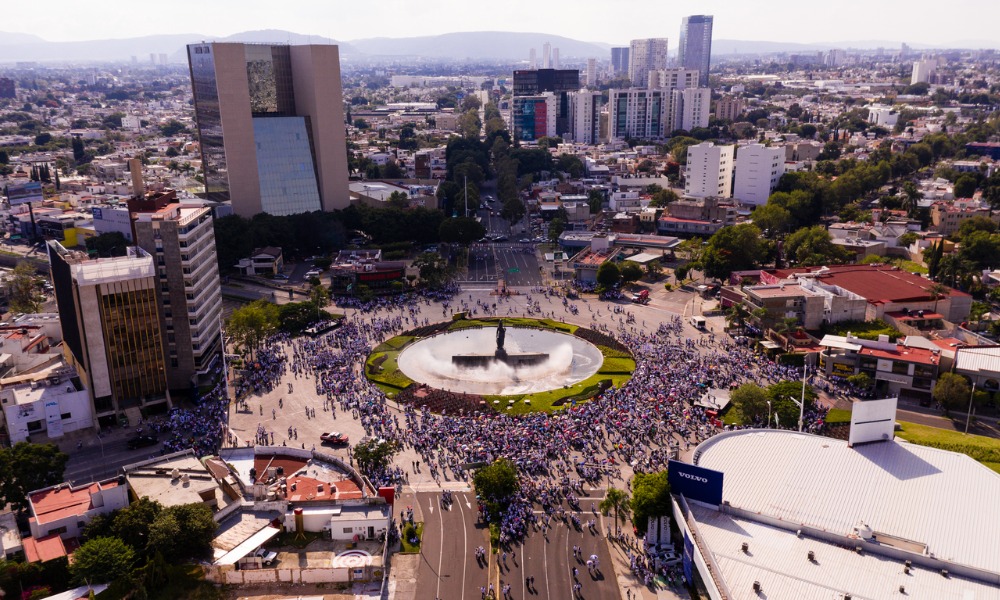
While Mexico City had decriminalized abortion, it remained criminal at the federal level

A group of Mexican senators has initiated legislation to remove abortion from the federal penal code, a significant move following the Supreme Court's decision last autumn to decriminalize abortion at the federal level, the International Bar Association reported.
This legislative effort is a direct response to the Supreme Court's directive, requiring the Mexican Congress to align federal law with this landmark judgment. Historically, Mexico City and several other states had decriminalized abortion, but at the federal level, it remained classified as a criminal offense. The journey towards reform was advanced in 2021 when the Supreme Court, through a series of judgments, decriminalized abortion in the northern state of Coahuila. These rulings set a constitutional precedent, emphasizing that criminal penalties for abortion and restrictive measures like “expansive rights to conscientious objection” used to deny abortion services were unconstitutional.
The Supreme Court's decision in September 2023 to invalidate state laws prohibiting abortion was hailed as a victory for women's rights and reproductive autonomy. The ruling stipulated that federal health institutions must provide abortion care, thereby significantly expanding access to safe abortion services for up to 70 percent of the Mexican population reliant on public health care.
The case that catalyzed the Supreme Court's decision was brought forward by Grupo de Información en Reproducción Elegida (GIRE), challenging the constitutionality of criminalizing abortion across Mexico. GIRE's legal strategy, as explained by spokesperson Melissa Ayala, involved filing injunctions in jurisdictions where abortion was still criminalized, culminating in a decisive victory that underscored the fundamental rights to human dignity, reproductive autonomy, and non-discrimination.
Despite the Supreme Court's clear mandate, the timeline for the introduction of federal legislation to formally decriminalize abortion remains uncertain, according to the IBA. Nevertheless, the role of GIRE and the oversight of the Court ensure a collaborative approach towards legislative enactment. The IBA further emphasized that opposition from groups like Mexico’s Civil Association for the Rights of the Conceived signifies ongoing challenges, yet the momentum of the “Marea Verde” feminist movement, inspired by similar victories in Argentina, underscores a regional tide of change in favor of reproductive rights.
Ana Velasco of the Institute for Intercultural and International Studies and spokesperson for Internacional Feminista, stressed the significance of this judgment for feminist collectives in Mexico, empowering them to advocate for abortion rights as constitutional mandates.
The IBA reported that this progressive stride towards decriminalizing abortion contrasts sharply with developments in the United States, where the reversal of Roe v. Wade has led to increased cross-border reproductive health care seeking. Melissa Ayala points out that the true test of this legal victory lies in improving Mexico's underfunded public health system to ensure that abortion services are not just legal but also accessible and safe.
Echoing the need for a holistic approach to reproductive rights, Moira Huggard-Caine of the IBA Women Lawyers’ Committee emphasizes the importance of addressing broader issues. “Very often, discussions over reproductive rights of women are focused exclusively on abortion. But the fact is that there are many other relevant layers that need to be considered: contraception, maternal health, sexual education [and] reproductive health are some of the topics that should be included,” Huggard-Caine said.